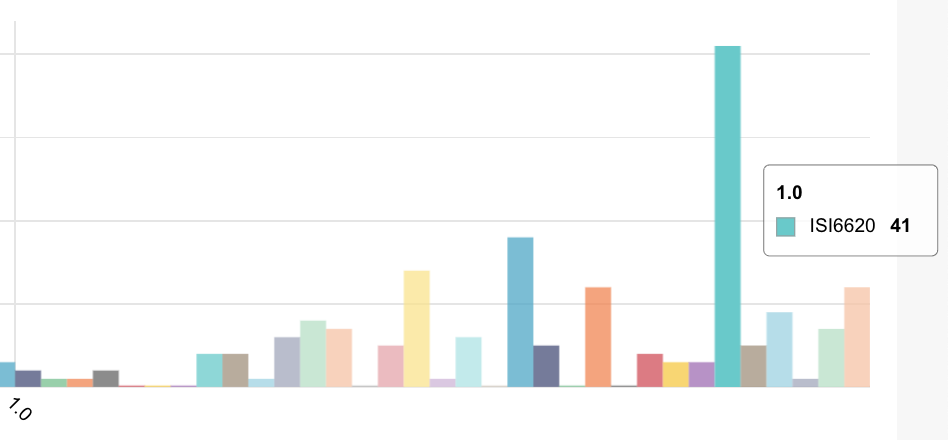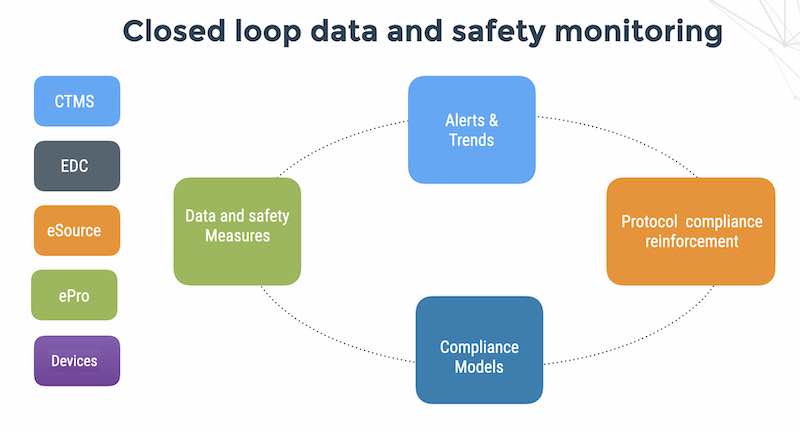There are 5 reasons why credit cards are stolen in Israel. None have to do with terror; 4 reasons are cultural and the 5th is everyone’s problem: “confusing compliance with security“.
I could write a book on mismanagement of data governance and compliance, data security, web server security, web application software security.
In 2003, I got turned on to the notion of using extrusion prevention to prevent data loss. I had the privilege to work with some of the pioneers in data loss prevention and over a period of over 5 years, I evangelized, sold, marketed, implemented and supported data loss prevention solutions in Israel and Europe. In the course of that time, I made thousands of phone calls, met hundreds of prospects and sold a dozen systems. I developed a unique perspective to the data security space working with both vendors and C-level decision makers in a wide variety of verticals from financial services to diamonds and telecommunications.
There is no need to state the obvious common denominators between Israeli companies and their US counterparts who have suffered the ignominy of a large scale credit card data breach: Closing the barn doors after the horses have fled, thinking it won’t happen to them, relying on their Checkpoint firewall to prevent data breaches, erroneously calling an anti-virus threat management, believing their IT outsourcing provider and equating the counting of compliance check list items with effective data security.
In this essay, I will try and enumerate what I believe are the key contributing factors behind the insecurity of most Israeli businesses. Most are inherently cultural to Israel although the last factor (PCI DSS 2.0) is everyone’s problem.
Letting your piss go to your head
The first factor is cultural. It’s called in Hebrew עלה לו השתן לראש. It’s hard to translate this exactly – but a literal translation is “letting your piss go to your head”. Arguably, this may be true for many senior executives, especially those on Wall Street who run billion dollar financial service businesses.
The difference is that in Israel, a colonel who served in the Israeli Air Force and then retired at age 45 on a full military pension to work as a VP in a publicly-held Israeli company that does $50M worth of business has more piss up his head then the CEO of IBM. You are more likely to ascend bodily into heaven than to convince this person to be a security leader, implement robust data governance in his organization and implement strong data security countermeasures. There are many jokes about this in Israel. The one I like the most goes like this: “Why not have sex under an open window in Israel? Because, someone will leap through the window and tell you – move aside, I’ll show you how it’s done“. As far as I can tell, this is also the root cause for Israeli politicians like Ehud Barak, Bibi and Tzipi Livni who believe that they know what is best for the Palestinians. (Letting your success get the best of you is gender-neutral).
The Checkpoint syndrome
The second factor is also cultural. I would label it the Checkpoint syndrome. I believe that the Americans call it “NIH – Not invented here”. It is literally almost impossible to sell an Israeli CIO on the notion of innovative data loss prevention technologies when Checkpoint hasn’t really done much in that space (granted they introduced a DLP software blade for their firewall product in 2010, 7 years after Fidelis, Vontu and Verdasys already had working technology). Port Authority, later acquired by Websense, did indeed have some success in Israel – burning $60M in VC funding and selling about 30 systems in Israel due to a related syndrome that I shall call the 8200 syndrome – which is sort of an Israeli coolness factor – like Roy Hargrove and RH Factor playing funk. A related illness, which is at epidemic levels in Israel, is the Microsoft Monoculture. While Microsoft has correctly pigeonholed data security into data governance the main focus of Microsoft operating systems is access control and when key system management focus is on access control then it becomes difficult for system managers to properly assess the risk from trusted insider threats – insiders who violate security policy simply because they can. עלק אבטחה.
Retaliation instead of mediation
The third factor is political.
Saber rattling is a political gesture and retaliation is not a substitute for proactive threat analysis and premeditated risk mediation.
My friend Maryellen Evans sent me this clip from the Financial Times: Israel seeks revenge for hacking
The Israeli government has threatened to retaliate against the hacker who last week published the credit card details of thousands of Israelis, with one senior official comparing the cyberattack to a “terrorist operation”. Danny Ayalon, the deputy foreign minister, warned that the attack represented “a breach of sovereignty comparable to a terrorist operation, and must be treated as such”. He added: “Israel has active capabilities for striking at those who are trying to harm it, and no agency or hacker will be immune from retaliatory action.”
There are 3 fundamental flaws behind this thinking (assuming someone is actually thinking like this, which may be assuming too much).
- Due to the asymmetrical nature of hacking, there is neither payback, nor deterrence value in threatening to send a drone aircraft to shoot a hacker in Mexico/Saudia/Albania/etc….
- Israeli leaders have proven track records of threatening but not delivering on their promises (the disengagement from Gaza is a case in point) and then caving in populistic, media-driven, Jewsh-mother driven demands to trade terrorists with blood on their hands for Israelis who were drug dealing (see Elchanan Tannenbaum) or soldiers who failed in their duty (see Gilad Shalit is not a hero). As a result, Israeli leadership credibility in this respect is rather low.
- Threatening with retaliation is a low-cost, political do-nothing alternative to a fundamental threat analysis of the vulnerabilities in information systems, online sites and networks and careful, open and thorough implementation of strong data security countermeasures – such as locking down Web servers, outlawing Windows and securing message queue infrastructures used for B2B connectivity.
Legislation without enforcement
Several years ago, I had an interesting sales call with the CSO of Clalit, the big Israeli HMO. I made my pitch for data loss prevention and tied it into the ability of DLP to deliver real-time monitoring and visibility and assure PHI privacy compliance. He laughed at me and said: “Listen, Danny – Israeli has a dozen privacy regulations on the books, all are relevant to PHI, but no one is serious about compliance, so we do what we think we need to do in the limitations of our budget and it is what it is.”
The problem of legislation without enforcement is endemic in Israel from traffic safety to women’s rights to environmental protection: Israel is a country with more legislation and commissions of inquiry than enforcement. Perhaps, a weak system of enforcement and abiding the law may be a vestige of defense mechanisms developed while living in the Diaspora. Certainly – the Eastern European Jews who founded Israel did not come from a background of law, order and compliance. They came from a background of revolution and change.
Compliance without security
Finally, we come to PCI DSS 2.0. I have written extensively on the drawbacks of PCI DSS and here and here (The Tao of GRC) and suggest specific ways of getting credit card security right.
Perhaps the time has come to perform a vulnerability assessment of the standard itself.
In very simple terms, the biggest vulnerability of PCI DSS is that it’s about 10 years behind the curve. When people in the PCI DSS Security Council in Europe confess to never having heard of DLP (Data loss prevention) and when the standard places an obsessive emphasis on anti-virus, you know you’re still in Kansas.
Speaking with a senior representative of PCI DSS Security Council in Europe last year, I posed some of these questions and he replied that the situation with merchants is so bad that PCI DSS is “better than nothing”.
That is pathetic isn’t it?
Perhaps we would all be better off taking the day off and hoovering our flats instead of trying to reeducate management, fix political systems, improve our data security and prevent credit card breaches.
It would certainly be cheaper.





